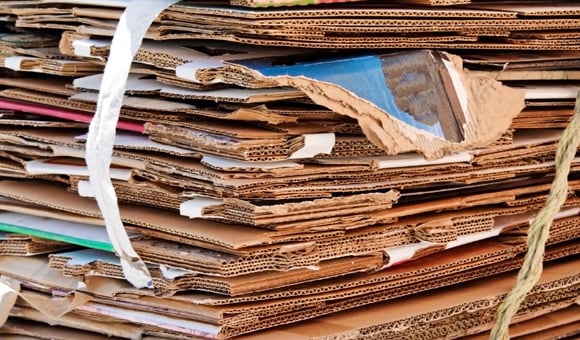
The use of recovered fiber in the paper industry to meet increasing consumer demand for packaging has been an economic and environmental necessity for decades. While recycling waste paper is great for the environment, it also presents many challenges.
One of the major challenges is dealing with all of the other components that come with recycled fiber, including starch. Today, starch is often wasted and creates many problems for the papermaker. It adversely affects microbial activity, pH and conductivity. And it also increases the effluent treatment costs through higher BOD loadings.
Solenis’ Biobond program ensures that the majority of incoming starch is preserved, reused and recycled, leaving the paper mill as it should—with the paper.
This valuable raw material can now be reused, significantly reducing input costs in paper production. Further, all of the negatives associated with dissolved starch in the system are eliminated, improving runnability, operational efficiency and paper quality. Ultimately, the Biobond program enables you to improve your paper sustainability.
Commercial applications of the Biobond program provide documented benefits, including:
- Increased strength
- Improved system cleanliness
- Fewer breaks
- Reduced downtime for cleaning
- Improved runnability
- Increased production and yield
- Reduced wet-end starch usage
- Reduced surface starch usage
- Elimination of dry strength resins
- Reduced freshwater usage
- Reduced effluent BOD loading
How It Works
Biobond works through a two-step mechanism. Working in concert with a unique starch-preserving microbiocide and a traditional organic biocide for amylase control, the Biobond program prevents the degradation of incoming starch.
Then, a combination of Solenis-exclusive polymers transforms the now-available recycled paper starch into a cationic form that can be reattached to the recycled fibers.
Recorded Results
A packaging paper producer implemented the Biobond program to combat a high chemical oxygen demand (COD). The mill experienced dramatic results, including:
- Increased production
- Boosted annual revenue by $1.3 million
- Reduced COD load by 11 percent
